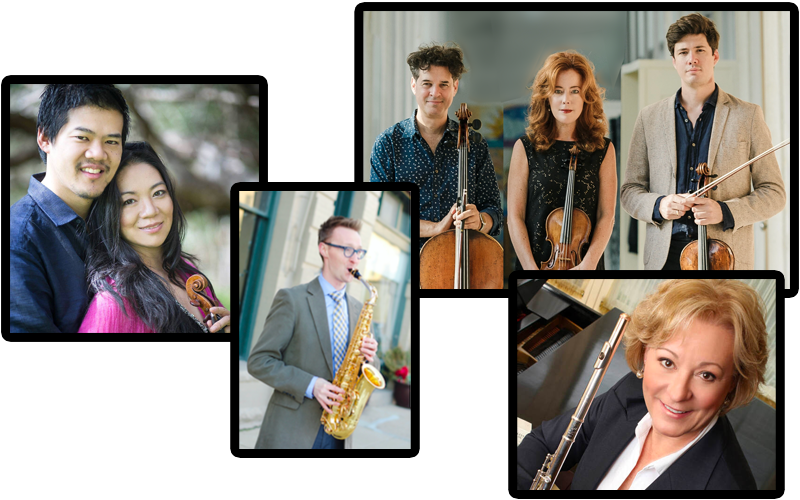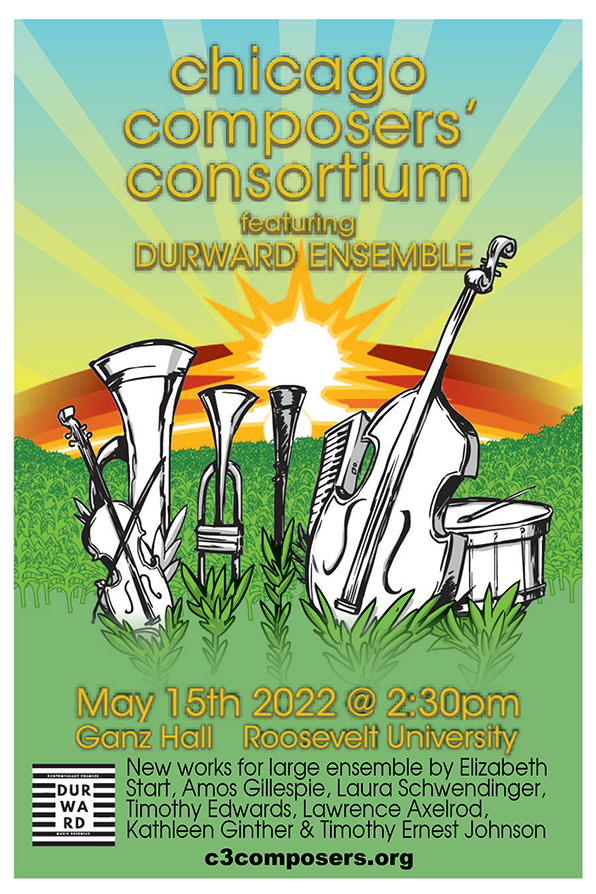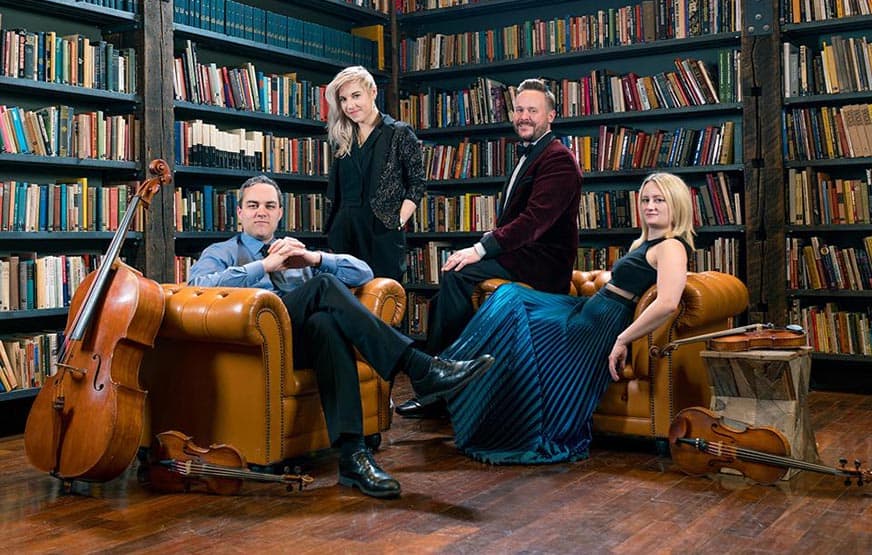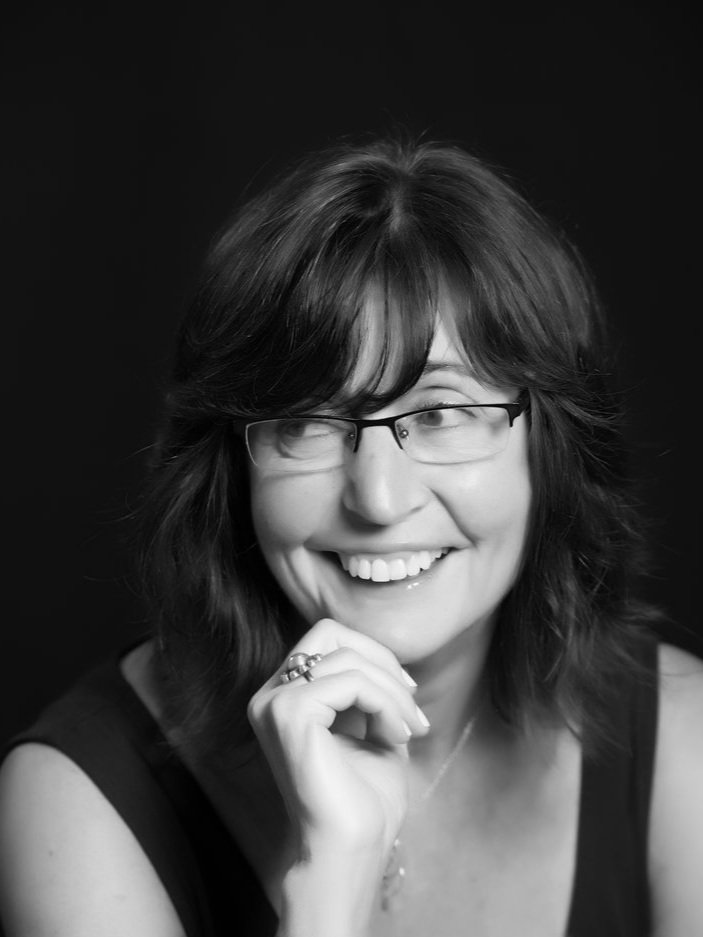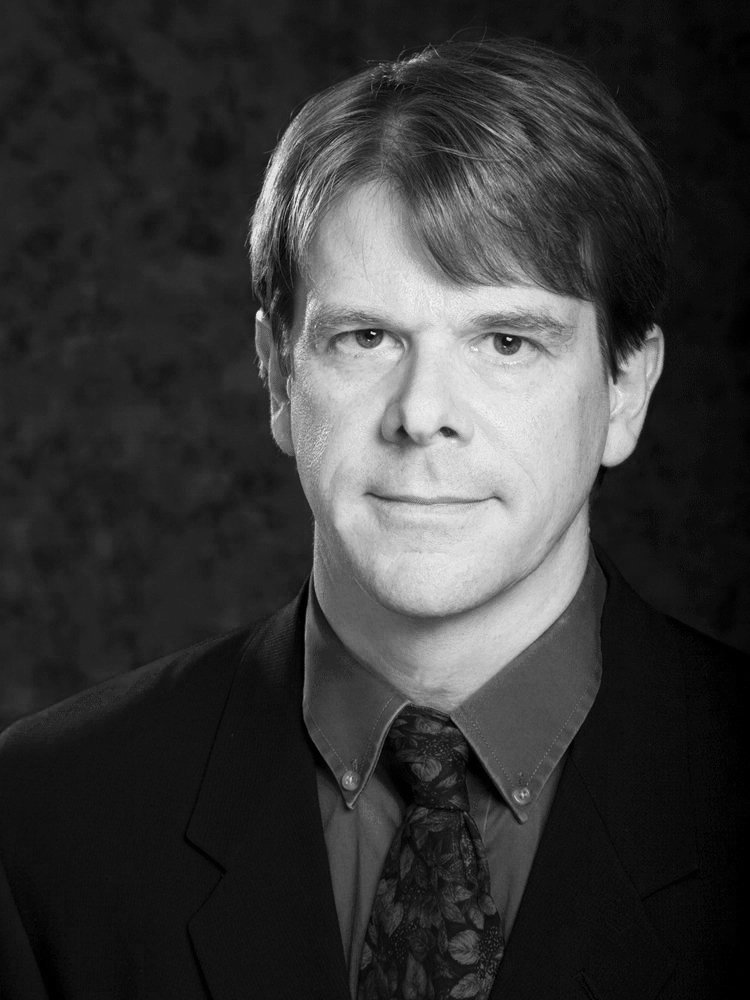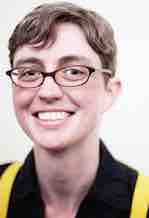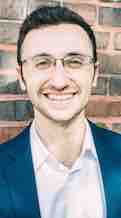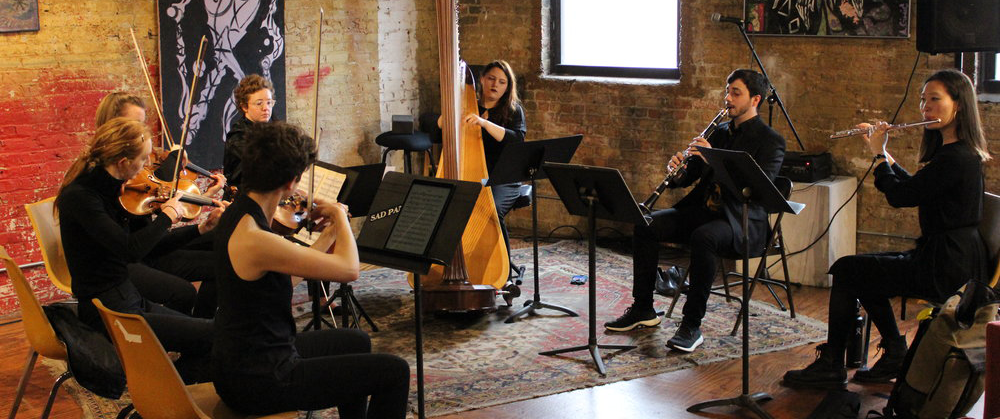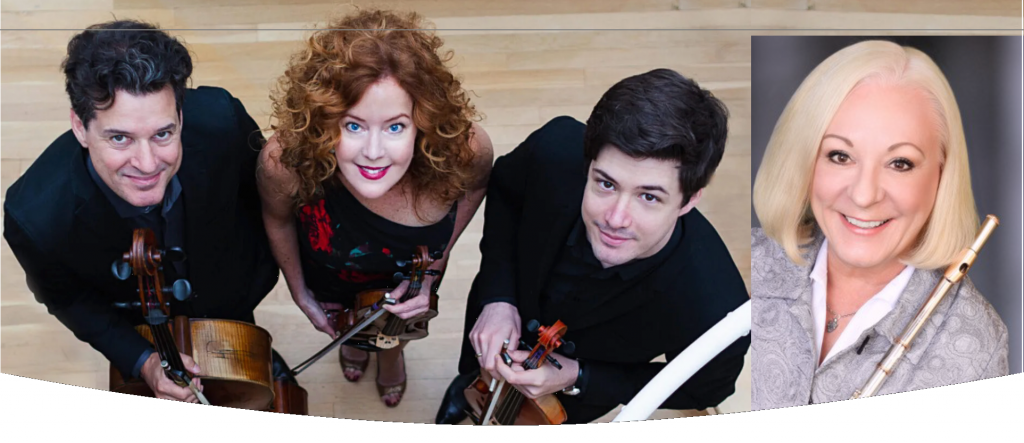
MARK YOUR CALENDAR!
Two titans of Chicago chamber music are about to join forces for a one-performance-only concert on May 18th!
Join us at the Sanctuary at Epiphany Center for the Arts as Chicago Composers’ Consortium presents the exciting Black Oak Ensemble (violinist Desirée Ruhstrat, violist Aurélien Fort Pederzoli, cellist David Cunliffe) in a unique collaboration with legendary Chicago flutist Mary Stolper for a concert of new music for string trio and flute.
Works include ‘East Wind’ by Chicago’s world-renowned Shulamit Ran plus premieres by C3 composers Martha Horst, Timothy Dwight Edwards, Elizabeth Start, Kathleen Ginther, Laura Schwendinger, and Amos Gillespie.
Hope you can make it!
Thursday, May 18, 2023
Concert at 7:00 pm
Doors open at 5:00 for Golden Hour
Epiphany Center For The Arts: The Sanctuary
201 S Ashland Ave, Chicago, IL 60607
AGE REQUIREMENT: Must be 21+
Tickets: $20 – General Admission | $10 – Student | Buy Tickets! * | Event Page: Epiphany Center For The Arts *
* ‘Service charges apply to ALL ticket purchases (online and box office)’ – Credit card only at door.
____________________________
Praised for its “insightful, committed, and masterful performances” (Classics Today) and “fierce eloquence” (London Times), Chicago’s Black Oak Ensemble is one of the most innovating and exciting chamber ensembles on the international stage. As passionate advocates of new works, Black Oak has commissioned and premiered string trios from composers such as Michael Nyman, David Ludwig, Mischa Zupko, and Conrad Tao. Their debut album, “Silenced Voices”, brings to light astonishing music written in concentration camps by Jewish composers, most of whom lost their lives in the Holocaust. Black Oak’s latest CD release, “Avant l’orage,” a double album of French string trios, reached #1 in the Billboard Classical Charts in July 2022 and was featured as Album of the week on Symphony Hall Sirius XM.
Flutist Mary Stolper is a frequent soloist and chamber music performer who has made guest appearances throughout the United States and Europe. She is well known to Chicago audiences as Principal Flute of the Grant Park Symphony, Chicago Opera Theater, Music of the Baroque and Fulcrum Point and has performed across Europe with the Chicago Symphony, the Czech National Symphony, Chicago Chamber Orchestra and the Chicago Sinfonietta. A tireless champion of contemporary music for the flute, Ms. Stolper has premiered and recorded new works by dozens of American composers, including Chicago’s Shulamit Ran, whose ‘East Wind’ for flute solo will be featured on tonight’s program.
Chicago Composer’s Consortium has produced hundreds of concerts and events in Chicago and throughout the Midwest, presenting the works of emerging and established composers alike and partnering with other musicians and ensembles in the creation of unique musical events. C3 has a rich history of innovative composer-generated collaborative projects and a commitment to adventurous programming, including the presentation of works by little known and emerging composers deserving of a larger audience. As a presenter of contemporary American music for almost thirty-five years, C3 has consistently found new ways to introduce its audience to what is new and exciting in music and to engage the community in an ongoing relationship of musical exploration.
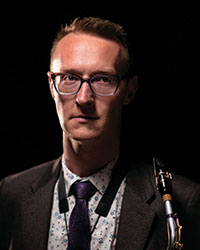 You’re invited!
You’re invited!